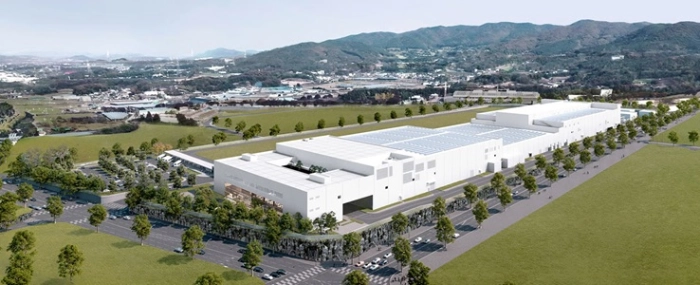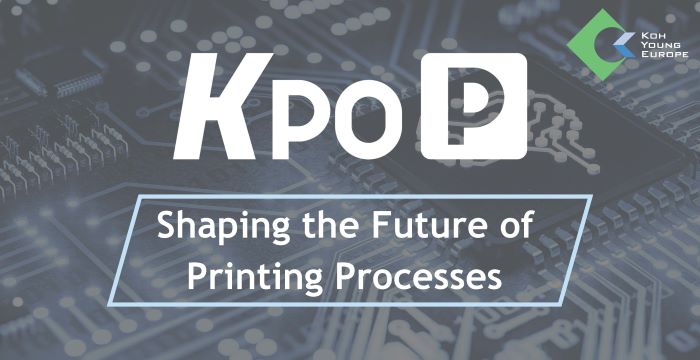
Hyundai advances battery tech with $820 million Korea campus
Hyundai Motor Group’s Future Mobility Battery Campus in Anseong, South Korea, spans 197,000 m² with a total floor area of 111,000 m². Completion is targeted for the end of 2026.
Hyundai Motor Group held a topping-out ceremony for its Future Mobility Battery Campus in Anseong, South Korea, marking a major milestone in the group’s commitment to advancing battery technology and enhancing global electric vehicle (EV) competitiveness, the company said in a press release.
Representing a KRW 1.2 trillion investment (about USD 820 million), the campus spans approximately 197,000 m² (site area) with a total floor area of 111,000 m². Completion is targeted for the end of 2026.
Until now, Hyundai Motor Group has conducted advanced research on battery materials, cell design, and process technologies at facilities such as its Namyang R&D Center and Uiwang R&D Center, both located in Korea. While existing research centers focus on initial cell and process design, and validation at the unit level, the Future Mobility Battery Campus will take this further by performing continuous process validation.
This approach ensures consistent quality and reliability under conditions that consider real-world vehicle application, enabling comprehensive verification and advancement of battery technologies, Hyundai said.
“Through the Future Mobility Battery Campus, we aim to seamlessly connect the entire battery ecosystem to foster cross-industry collaboration and accelerate technological advancement,” said Heui Won Yang, President and Head of the R&D Division at Hyundai Motor Group. “We are committed to strengthening Hyundai Motor Group’s EV battery competitiveness and advancing global electrification through strategic collaborations.”
Hyundai aims to build stronger partnerships with battery manufacturers and drive shared growth across the entire battery value chain. The Future Mobility Battery Campus will provide advanced infrastructure and data-driven insights that enable faster technology commercialization and more efficient validation processes, the company said.
This collaborative approach will help manufacturers and partners scale new technologies with confidence, reduce development risks, and unlock opportunities for collaborative innovation. Ultimately, the campus will serve as a catalyst for progress, accelerating next-generation battery solutions and strengthening the global electrification ecosystem.
Beyond EVs, the Future Mobility Battery Campus will enhance readiness for robotics, Advanced Air Mobility (AAM), and other future mobility sectors in the future.


.jpg)
